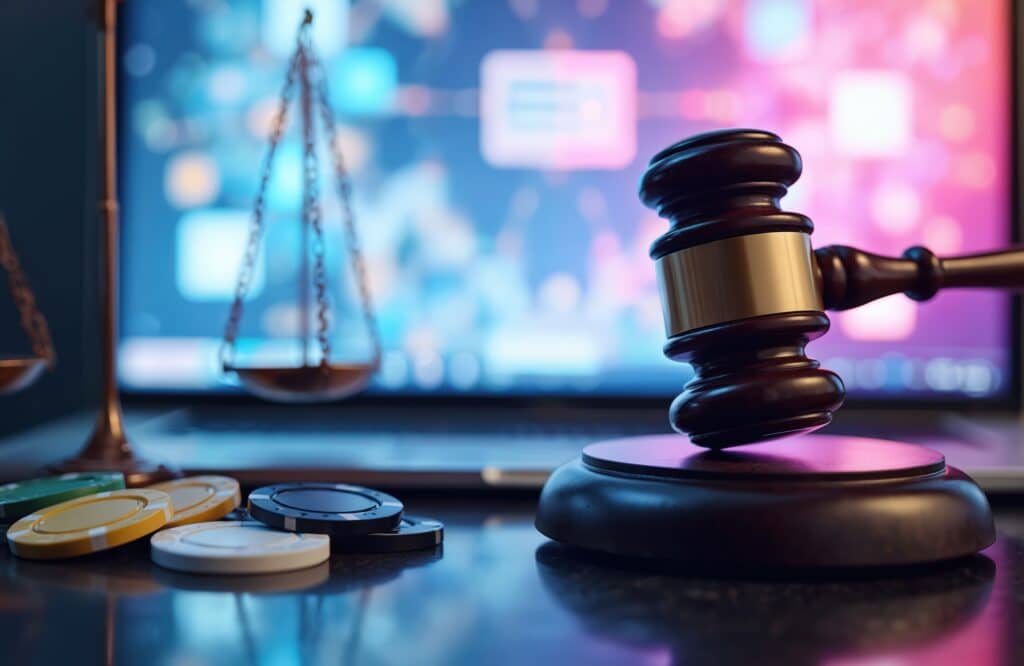A court decision regarding company board responsibility
In the summer of 2023, the final decision was made by the Eastern High Court in a case against three board members of a bankrupt company. The members of the board were sued for personal liability for the company’s losses, which consisted of a VAT claim from SKAT caused by a misunderstanding / non-compliance by the company and its management regarding the VAT rules for triangular trade.
Board responsibility in general
The board of directors plays a crucial role in the governance and oversight of a corporation. Their primary responsibility is to act in the best interest of the company and its shareholders, ensuring long-term sustainability, growth, and profitability while also considering the interests of other stakeholders such as employees, customers, suppliers, and the broader community.
The board is responsible for setting the company’s strategic direction and long-term goals. They work with the management team to formulate and approve the company’s business strategy, ensuring it aligns with the company’s vision and mission, but they also oversee the management’s running of the company. The board is responsible for identifying and addressing potential risks that may affect the company’s operations and success. They must establish risk management policies and procedures and ensure that management implements appropriate risk mitigation strategies.
Boards have a fiduciary duty to shareholders to oversee the company’s financial health. This includes reviewing financial reports, approving budgets, and ensuring compliance with financial regulations.
Other responsibilities include compliance, ethics, shareholder relations, and corporate governance.
It is essential for board members to exercise independent judgement, avoid conflicts of interest, and act in good faith in fulfilling their duties. They owe a duty of care and loyalty to the company and its shareholders, and their actions should demonstrate their commitment to acting in the best interests of the organisation.
Should the board fail to meet these requirements, the board members themselves risk being personally liable for the losses of the company, especially in a bankruptcy situation.
The case / court decision in question
In a recent court case, I had the opportunity to examine the boundaries of corporate board responsibility: A company had been established with the purpose of trading meat cross-boarders (triangular trade). Unfortunately, the company board and CEO had misunderstood the Danish VAT regulation, and the formalities of VAT-exempt triangular trade were not in place. As a result, the company was met with a claim for Danish VAT, which the company could not pay, and subsequently the company went bankrupt.
The bankruptcy estate first filed a “bankruptcy disqualification” case (“konkurskarantæne”) against the three board members, of which I represented one. All were acquitted in city court and the case was not appealed by the estate.
Later on, the estate filed a personal liability case against all three board members, claiming that the board members were liable for the losses of the Danish tax authorities. In City Court, all board members were found liable, but all three members appealed the decision.
In high court, the two other board members were found liable, but my client was acquitted. This was in no small part due to the fact that my client had entered the board approximately one month after the company was founded, and the Court therefore agreed with me that my client could not be liable for a business model that had been decided and in part started up before he entered the board. As the company was quick to stop its operations after the problem arose, there was no responsibility for carrying on with a financially negative operation for too long either (“drift udover håbsløshedstidspunktet”).
The significance of the case / court decision
The case shows that board responsibility can be strict, and it underlines the importance of overseeing the actions of the daily management of the company and being able to stop a negative operation.
Read more about the services related to the company law.




